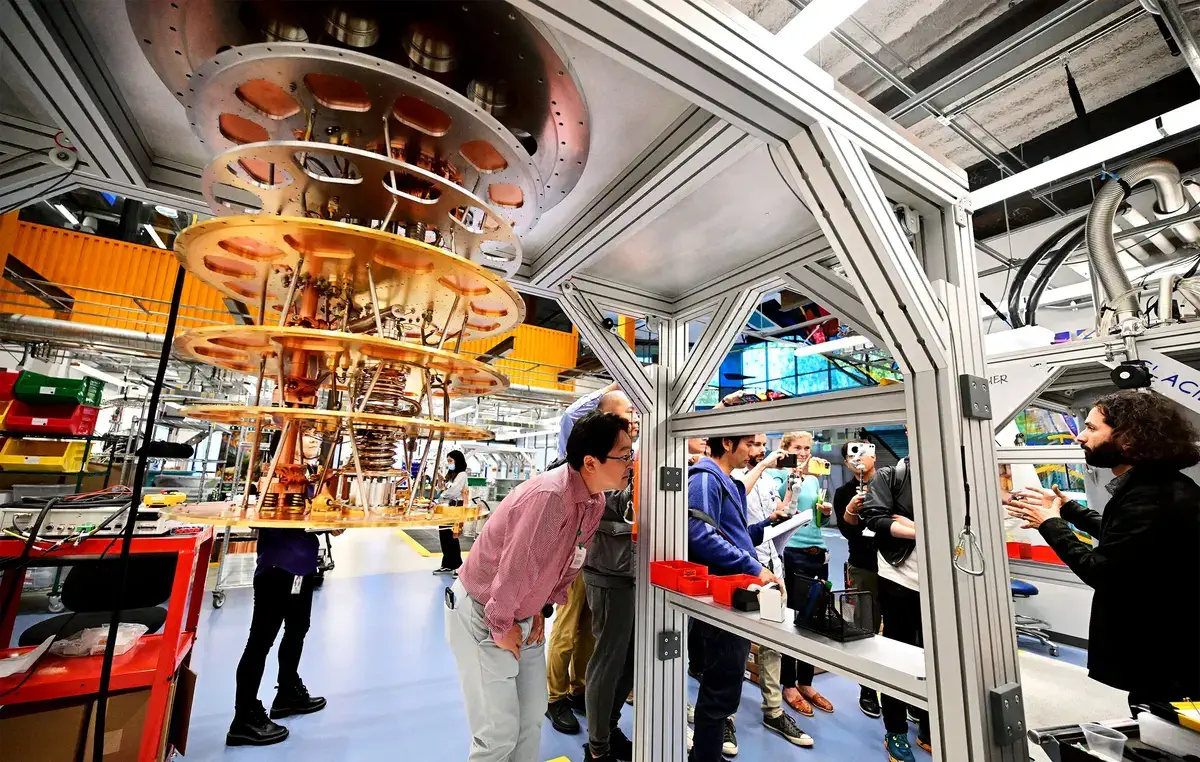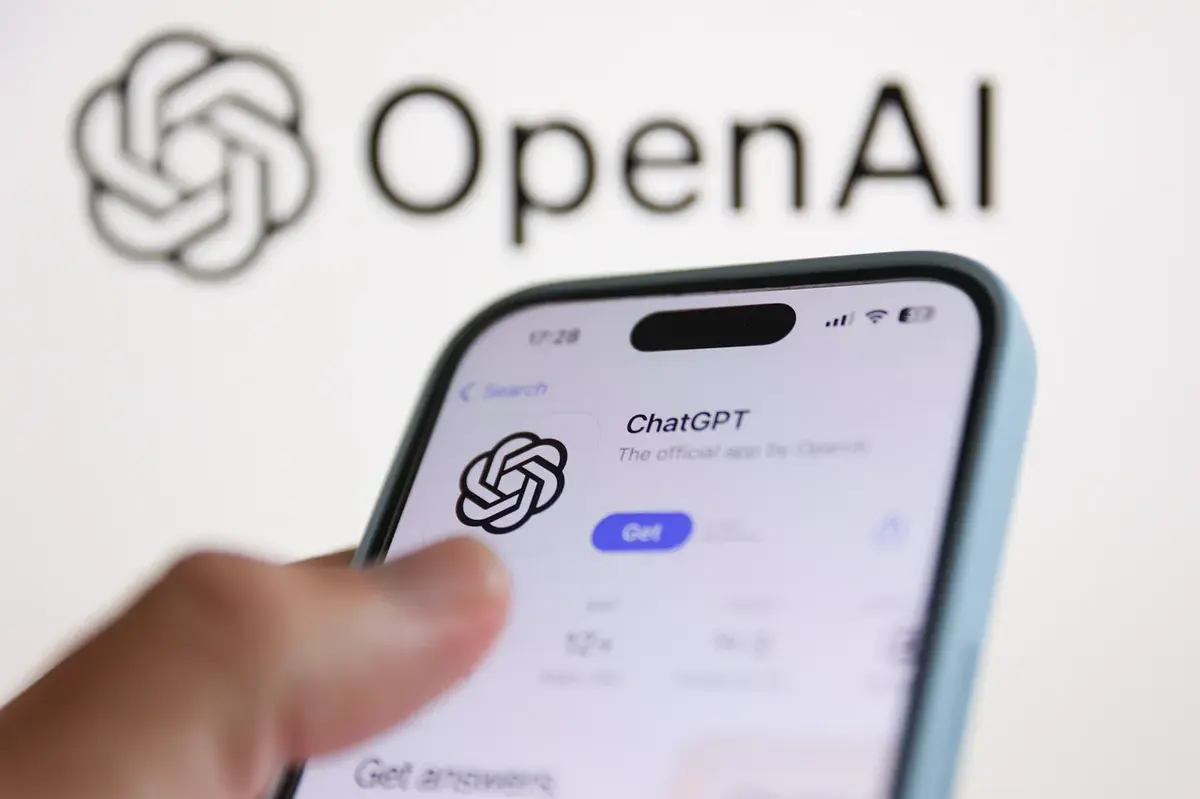Google researchers have made a major breakthrough in quantum computing using artificial intelligence. Their new system, AlphaQubit, can reduce errors in quantum computers, making them more reliable for real-world use.
Quantum computers are powerful but fragile. Small disturbances like heat or electromagnetic fields can cause errors, making these computers unreliable. Current quantum systems have error rates between 1 in 100 and 1 in 1,000, but practical systems need error rates as low as 1 in a trillion operations.
AlphaQubit uses AI to solve this problem. It identifies and corrects errors with high accuracy, reducing them by up to 30% compared to older methods. The system works on quantum setups ranging from 17 qubits to 241 qubits, showing promise for scaling to larger systems.
How It Works
AlphaQubit trains on simulated noise data to learn general error patterns. Then, it adapts to real hardware using experimental data. This lets it handle complex issues like qubit leakage and cross-talk.
Despite its success, the system is not ready for real-time error correction on large-scale quantum computers. Researchers say it still needs to improve speed and handle larger, more complex systems.
Why It Matters
Quantum computers could solve problems in hours that would take regular computers billions of years. They have potential in areas like drug discovery, material design, and advanced physics.
AI and quantum computing may grow together. While AI helps make quantum computers more reliable, quantum computers could help build better AI in the future. This feedback loop could drive major technological advances.
Although practical quantum computers are not here yet, Google’s work with AlphaQubit marks a big step forward.









